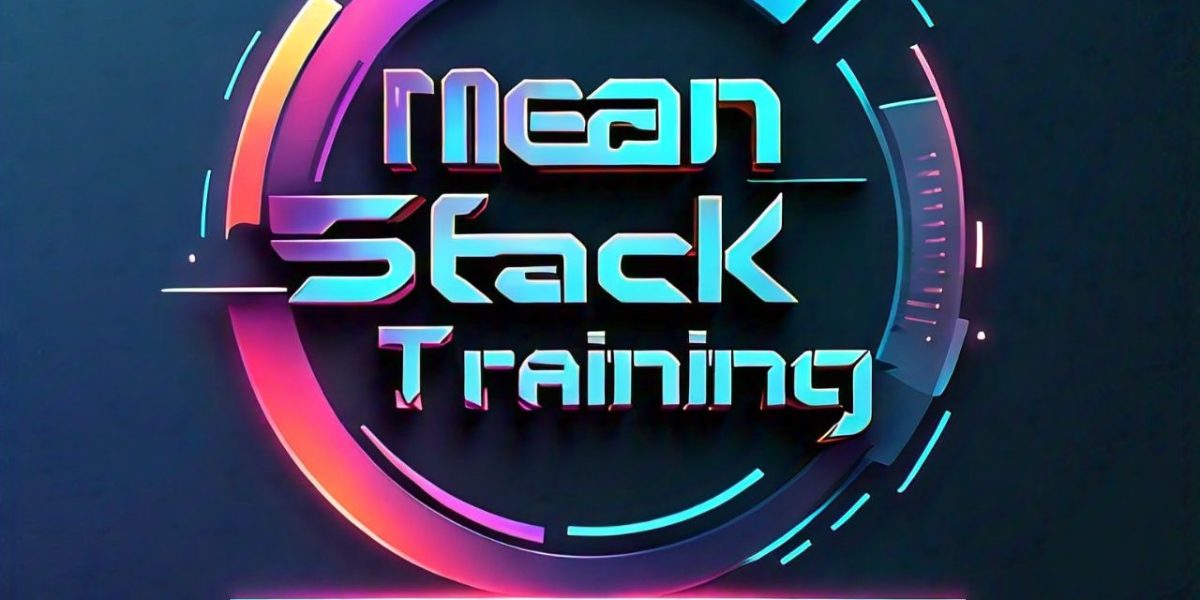Master the MEAN Stack: Comprehensive Training for Full-Stack Development
The demand for skilled full-stack developers has skyrocketed in recent years, and the MEAN stack is one of the most popular and powerful tech stacks used by developers today. Whether you’re just starting your career in software development or you’re an experienced developer looking to expand your skill set, mastering the MEAN stack can open up exciting opportunities. In this blog, we’ll explore what the MEAN stack is, why it’s important, and how comprehensive training can help you become an expert in full-stack development.
What is the MEAN Stack?
The MEAN stack is a collection of powerful technologies used to build dynamic web applications. It stands for:
- MongoDB: A NoSQL database that stores data in flexible, JSON-like formats.
- Express.js: A lightweight web application framework for Node.js that simplifies routing and middleware.
- Angular: A robust front-end framework developed by Google for building dynamic, single-page applications.
- Node.js: A JavaScript runtime that enables server-side development, allowing JavaScript to be used for both the front-end and back-end.
Together, these technologies offer a full-stack JavaScript solution, meaning that developers can use a single language—JavaScript—throughout the entire development process. This makes the MEAN stack highly efficient and accessible.
Why Choose MEAN Stack for Full-Stack Development?
JavaScript for Everything: One of the primary benefits of the MEAN stack is that it uses JavaScript across both the client and server sides of the application. This reduces context-switching for developers, making development smoother and faster.
Scalability: MEAN stack applications are highly scalable due to the non-relational nature of MongoDB and the event-driven architecture of Node.js. This makes it easy to build applications that can grow as traffic and data increase.
Full-Stack Development: MEAN offers an end-to-end development solution, meaning developers can work on both the front-end and back-end, making them more versatile and in demand.
Strong Community and Ecosystem: With the support of large communities for MongoDB, Express.js, Angular, and Node.js, developers can tap into a wealth of resources, libraries, and frameworks, making development faster and easier.
Open-Source and Free: All components of the MEAN stack are open-source, meaning developers can freely use and modify them, keeping costs low while maintaining flexibility.
Why MEAN Stack Training is Crucial
While the MEAN stack offers a robust and scalable development solution, it requires in-depth knowledge and expertise to fully leverage its potential. Here’s why training is important:
Understanding Each Component: The MEAN stack comprises several powerful tools, and each has its own nuances. Mastery of MongoDB, Express.js, Angular, and Node.js is crucial for building sophisticated web applications. Comprehensive training can help you understand how these tools work individually and together.
Optimizing Performance: To make the most of the MEAN stack, you need to know how to optimize both front-end and back-end performance. This includes understanding how to structure your data in MongoDB, how to manage asynchronous requests in Node.js, and how to create efficient user interfaces with Angular. Training can teach you performance optimization strategies across the stack.
Hands-on Experience: The best way to learn the MEAN stack is through hands-on experience. A well-structured training program often includes practical exercises, projects, and real-world applications that allow you to build functional apps, giving you the experience needed to solve real development challenges.
Best Practices and Industry Standards: A structured course will guide you through the best practices for writing clean, maintainable, and scalable code. You’ll learn the design patterns and methodologies used by professional developers, preparing you for work in collaborative and production environments.
Increased Job Opportunities: Full-stack development is one of the most in-demand skills in the tech industry. By mastering the MEAN stack, you position yourself as a versatile developer who can build modern web applications from start to finish, making you an attractive candidate for a variety of job roles, such as web developer, full-stack engineer, or software architect.
What You’ll Learn in MEAN Stack Training
A comprehensive MEAN stack training program typically covers:
- MongoDB Basics: Understanding MongoDB’s document-based storage, how to structure and query data, and how to integrate MongoDB with your application.
- Express.js Fundamentals: Setting up a backend server using Express.js, handling HTTP requests, and using middleware to build efficient and secure APIs.
- Angular Development: Learning the fundamentals of Angular for building rich, interactive front-end applications, including components, services, and routing.
- Node.js Fundamentals: Building server-side applications with Node.js, including asynchronous programming, API integration, and using npm (Node Package Manager) for third-party libraries.
- Integrating the Stack: How to connect MongoDB, Express.js, Angular, and Node.js into a seamless full-stack web application.
- Advanced Topics: Topics like authentication, deployment, testing, performance optimization, and best practices in full-stack development.
Conclusion
The MEAN stack provides a powerful, efficient, and flexible platform for building modern web applications. By mastering the MEAN stack, you will become proficient in full-stack development, capable of handling both the front-end and back-end of web applications with ease. Comprehensive training programs can help you gain hands-on experience, optimize your workflow, and stay ahead in the competitive tech industry.

